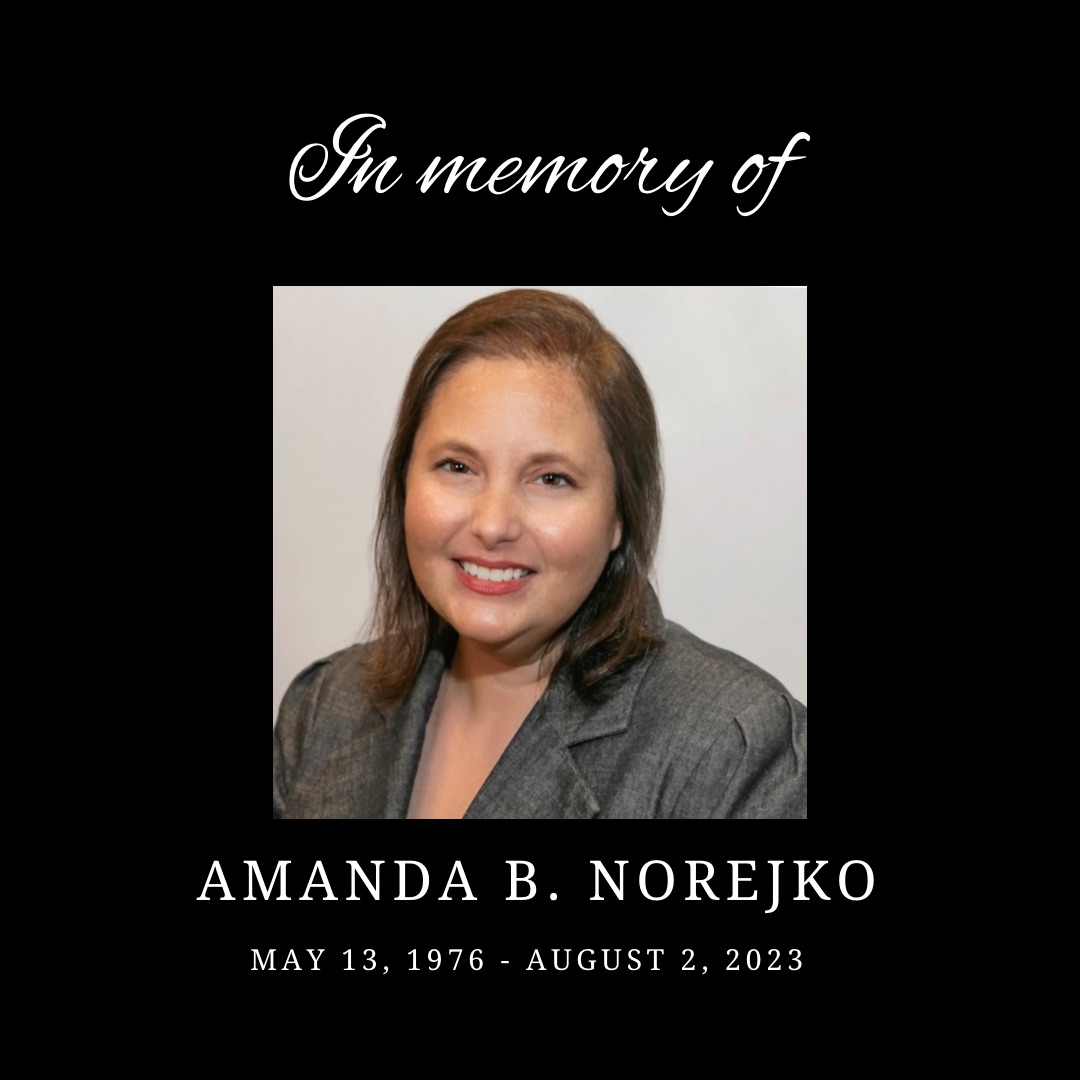Justice Ruth Bader Ginsburg (1933-2020)
The New York Women’s Bar Association joins the nation in mourning Supreme Court Justice Ruth Bader Ginsburg, a woman who embodied the core values of our Association: a commitment to the advancement of the status of women and the fair administration of justice for all. Her contributions to gender justice and civil rights were profound and enduring, and the impact of her loss is too vast to measure yet intimately personal for many women.
Justice Ginsburg said that she would like to be remembered as “[s]omeone who used whatever talent she had to do her work to the very best of her ability. And to help repair tears in her society, to make things a little better through the use of whatever ability she has.”
Like the Founders of our Association, she encountered gender discrimination in the pursuit of her profession and overcame those obstacles through her intelligence, courage, and tenacity. As one of nine women in a class of over 500 at Harvard Law School, she was chastised by the law school’s dean for taking an admission slot that could have gone to a man. Despite this patriarchal environment, Ginsburg’s brilliance propelled her to become the first female member of the prestigious Harvard Law Review. Despite her outstanding academic record, Ginsburg continued to encounter gender discrimination while seeking employment after graduation. Though recommended for a Supreme Court clerkship, she was denied an interview. No law firm in New York City would hire her.
Ginsburg turned these setbacks into a mission that would change our laws and lives. As Director of the Women’s Rights Project of the American Civil Liberties Union, she employed a bold litigation strategy and skillful advocacy as she argued six landmark cases on gender equality before the U.S. Supreme Court, winning five of them and establishing the legal groundwork for prohibitions against sex discrimination. Her victories at the Supreme Court gave rise to a revolution in gender equality jurisprudence under U.S. Constitutional Law by extending the Equal Protection Clause of the Fourteenth Amendment to women.
In 1993, she became the second woman appointed to the United States Supreme Court. There, she was instrumental in swaying the court on key decisions to correct historical injustices. She also became known for her blistering dissents. She viewed her dissents as a chance to persuade a future court. “Some of my favorite opinions are dissenting opinions,” she told NPR. “I will not live to see what becomes of them, but I remain hopeful.” Her powerful words, including her great dissents, will live on, not simply as historical footnotes, but as a blueprint for creating a more just nation in the generations to come.
Justice Ginsburg once said, “Fight for the things that you care about, but do it in a way that will lead others to join you.” Mission accomplished, Justice Ginsburg. While we grieve the loss of the woman who inspired us, we are also resolved to honor her legacy by working to the very best of our abilities to repair those tears that remain in our society and fighting to the end to secure justice and equality for all.

















